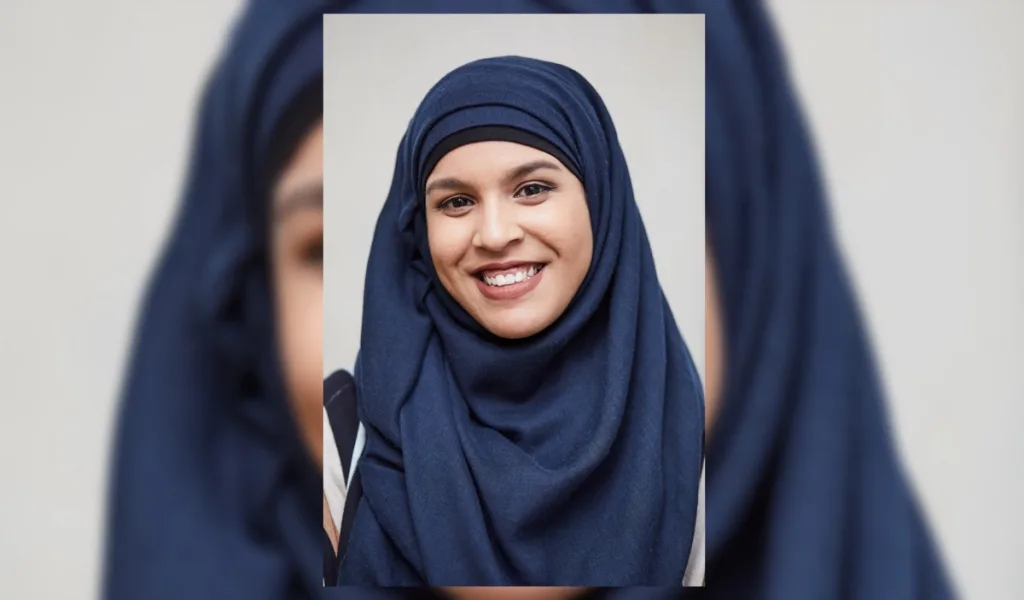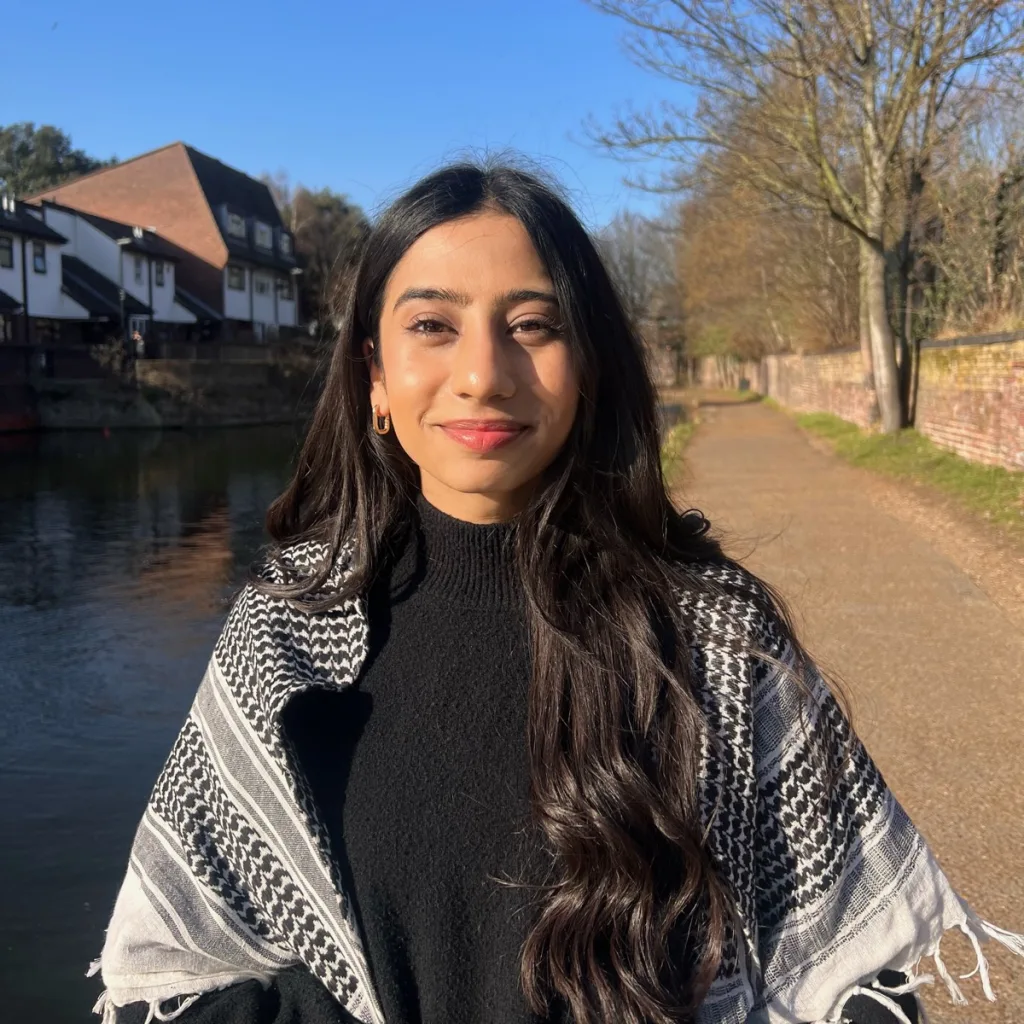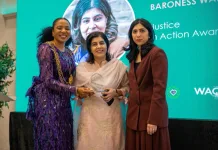
A groundbreaking new book, ‘Uncovering Islamophobia in Higher Education’, offers an in-depth examination of the challenges faced by Muslim individuals within UK universities.
Edited by Dr. Maisha Islam and Dr. Arif Mahmud, the volume brings together firsthand accounts and scholarly analyses to explore the manifestations of Islamophobia in UK higher education (HE) and propose actionable strategies for fostering inclusivity.
Dr. Maisha Islam serves as the Research Culture Lead for Equality, Diversity, and Inclusion at the University of Southampton. She is also a doctoral candidate in Education, focusing her research on the experiences of British-Bangladeshi women in postgraduate studies .
Dr. Islam’s work centres on the experiences of racially minoritised students and the sense of belonging among Muslim students in higher education.
The book features chapters, all written by Muslim authors, which describe the inequalities faced by students and staff at all levels of their educational and professional journeys, exposing the fluid manifestations of Islamophobia within HE structures and institutions.
Various experts, include Dr. Zain Sardar, Programme Manager at The Aziz Foundation, who in his chapter, ‘The ‘New’ Intersectionality of Disadvantage? British Muslims and the Widening Participation Agenda,’ examines the systemic exclusion of British Muslims from initiatives aimed at broadening access to higher education.
Dr. Sardar commended the editors for their efforts, stating: “The collective voices of British Muslim practitioners and researchers offer a powerful call for institutional change. I strongly encourage university leaders to engage deeply with this work. I hope it serves as a catalyst for action in the urgent mission to dismantle institutional Islamophobia.”
Reflecting on the significance of the publication, Dr. Islam remarked: “This collection captures the voices and expertise of Muslim students and staff in UK higher education.
“While exposing inequalities and the silence often experienced by minoritised groups, the book also offers hope – equipping universities with the tools they need to challenge systemic inequity.”
The release of this volume comes at a time when discussions around equity and inclusion in education are increasingly prominent. By centering the experiences of Muslim students and staff, the book aims to inform policy and practice, encouraging institutions to address and overcome the barriers that hinder true inclusivity in higher education.
Rt Hon Baroness Sayeeda Warsi endorses the book stating: “This is an important and timely intervention by leading experts. The combination of data alongside personal accounts provides a deeper granular picture of the impact of campus culture on the achievements, outcomes, and lived experience of Muslims in higher education. The findings should be taken seriously by both national policy makers and sector decision makers.”
“While universities continue to overcomplicate and suppress honest conversation about Gaza, they cannot meaningfully address Islamophobia.“

When freelance policy and research officer, Serena-Amani Al Jabbar, spoke at the launch event for ‘Uncovering Islamophobia in Higher Education’, she was told she was brave. But why, she asks, was it considered brave to simply connect two inescapably linked truths: that the ongoing genocide in Gaza and the rise of Islamophobia are not separate issues, but deeply intertwined?
Serena says: “I was told I was brave last month, I was invited by Dr Maisha Islam to speak on a panel at the book launch of ‘Uncovering Islamophobia in Higher Education’.
During the discussion, I simply made the point that if universities continue to shy away from addressing the ongoing genocide in Palestine, they will never truly be able to address Islamophobia, because the two go hand in hand.
Gaza’s population is overwhelmingly Muslim. For many of us, the Palestinians we are watching being bombed, burned, and starved to death look like us. The world has responded Islamophobically to Gaza, enabling, facilitating, and justifying Israeli war crimes.
The Western world’s double standard when it comes to the sanctity of life, likely stems from orientalist and “War on Terror” narratives, which perpetuate the view that Muslim lives are somehow less than human.
While universities continue to overcomplicate and suppress honest conversation about Gaza, they cannot meaningfully address Islamophobia.
So why was that brave? Why was it brave to mention Palestine and Islamophobia in the same breath? The only explanation is that universities have made the conversation around Palestine, especially when voiced by Muslim staff and students, unsafe.
People risk real consequences when bringing up Gaza. Bear in mind, this was an event predominantly attended by Muslims in higher education. If Muslim staff and students are scared to talk about Gaza, where is the conversation happening? It’s hardly surprising that students turn to “disruptive” forms of protest when the conversation they want to have – about the worst massacre of our time, is impossible to have.
There was no need for a Ukrainian encampment, or even a protest, at most universities, because students and staff didn’t have to convince their institutions of what was happening in the world.
Yet somehow, during the most live-streamed genocide, when hospitals are bombed, journalists are killed, no universities in Gaza stand, and Israeli leaders shamelessly and openly call for the ethnic cleansing of Gaza, students and staff are still having to convince their universities to end their complicity.”















